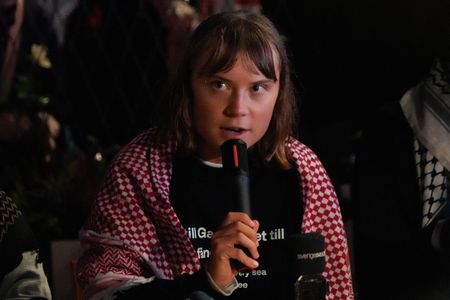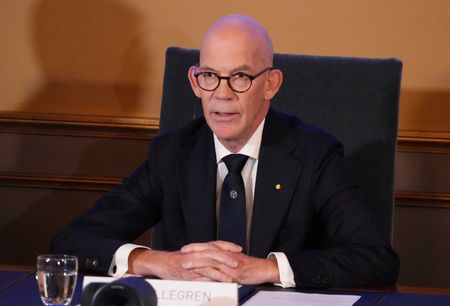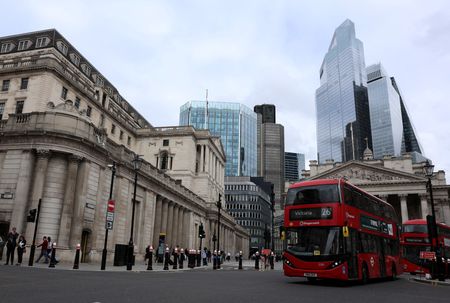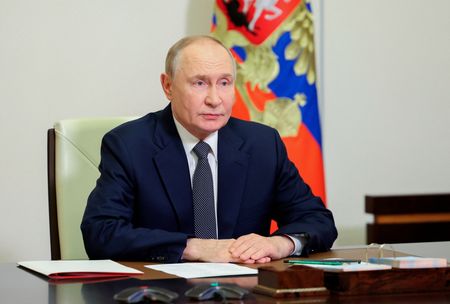By Melanie Burton
MELBOURNE (Reuters) -Australia announced a A$600 million ($395 million) bailout over three years for Glencore’s Mount Isa copper smelter and Townsville refinery, as Western nations seek to bolster critical mineral supply chains amid concerns over reliance on China.
The bailout, equally funded by the federal and Queensland state governments, reflects growing pressure to secure access to minerals essential for energy transition and defence, and comes as smelters grapple with rock-bottom fees amid overcapacity in China.
Though copper is not officially classified as a critical metal by Australia, demand is anticipated to surge due to its high conductivity and role in renewable energy technologies.
Glencore, which earlier this year said it may have to shut the smelter, impacting some 600 jobs, will receive three payments of up to $200 million over the next three years, contingent upon the completion of a transformation study and other review benchmarks, Federal Industry Minister Tim Ayres said.
“Copper is critical to building solar panels, wind turbines and energy storage systems. This investment strengthens our supply chains and supports Australia’s transition to net zero,” Ayres added in a statement.
STRATEGIC IMPORTANCE
Glencore, which logged a half-year profit of $5.43 billion, highlighted the role of Mount Isa smelter and Townsville refinery as strategic national assets vital to Queensland’s copper supply chain and Australia’s critical minerals strategy.
“Copper is a critical metal for the future. Competition in the global copper smelting market is fierce and it’s not a level playing field,” said Troy Wilson, interim chief operating officer of Glencore Metals Australia, in a statement.
The company has earmarked A$2.5 billion in planned or proposed capital investment over six years in the Mount Isa region, mostly in zinc and lead, including further development of the George Fisher mine and the Black Star Open Cut project.
Globally, copper smelters face challenges from a shortage of concentrate and overcapacity in China. Last month, Japan’s JX Advanced Metals flagged potential copper production cuts in fiscal 2025 due to tight supply.
SECTOR STRAIN
Australia’s metals processing sector has also been under pressure from high energy and labour costs.
The bailout is the third for the industry this year, following a A$2.4 billion rescue package for the Whyalla steelworks in South Australia and A$135 million for two smelters owned by Trafigura unit Nyrstar.
Separately, Alcoa announced last week the permanent closure of its Kwinana alumina refinery in Western Australia, citing market challenges and aging infrastructure, resulting in a $890 million third-quarter hit.
IGO is reassessing the future of its money-losing lithium hydroxide plant near Perth, jointly operated with Tianqi Lithium, while Rio Tinto has repeatedly flagged difficulties at its Tomago aluminium smelter in New South Wales.
Meanwhile, BHP suspended operations at its Western Australian nickel facilities last year amid a persistently low nickel price due to an explosion of supply from Indonesia.
($1 = 1.5205 Australian dollars)
(Reporting by Melanie Burton in Melbourne, Christine Chen and Renju Jose in Sydney; Editing by Lincoln Feast and Christopher Cushing)









